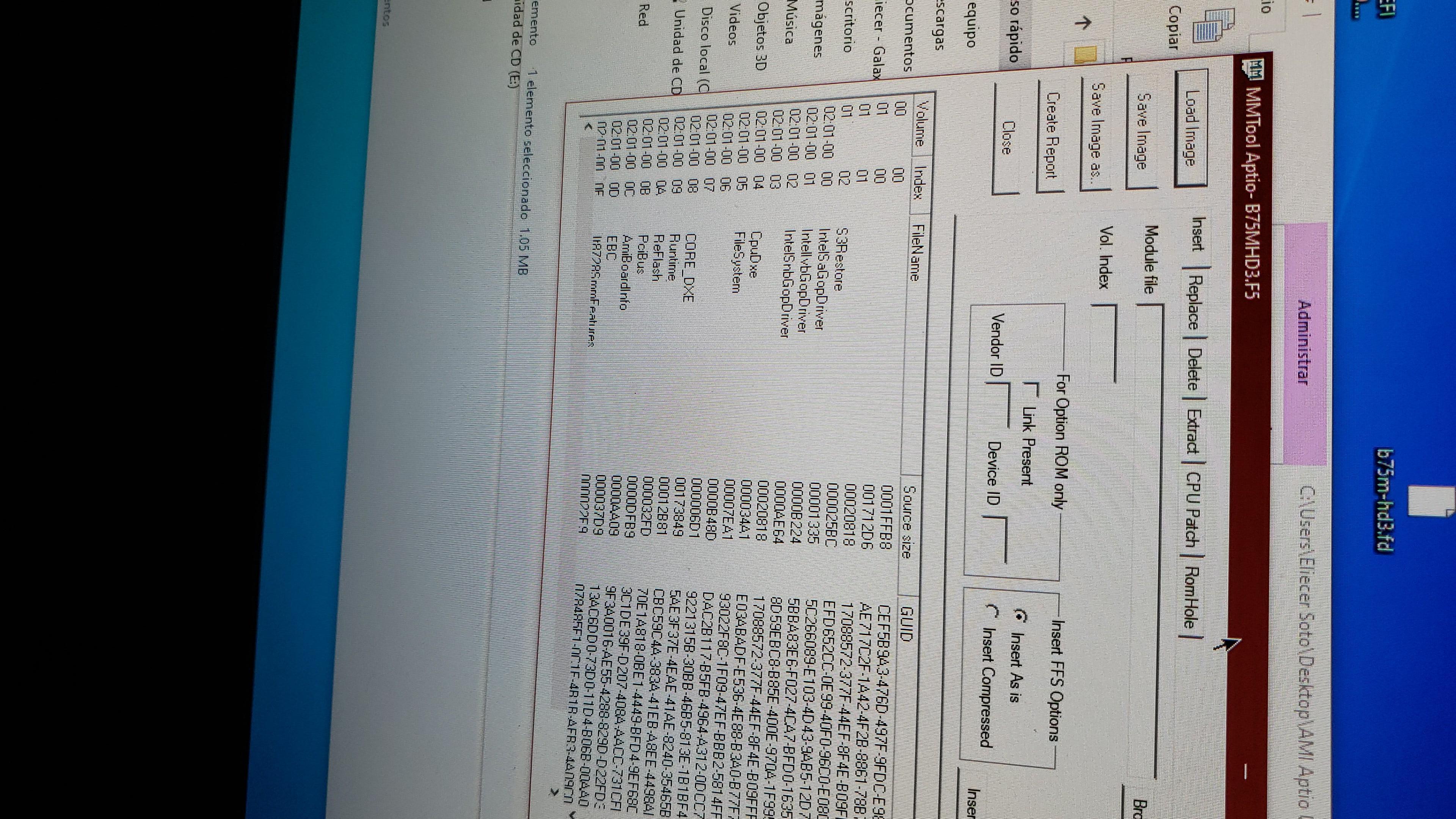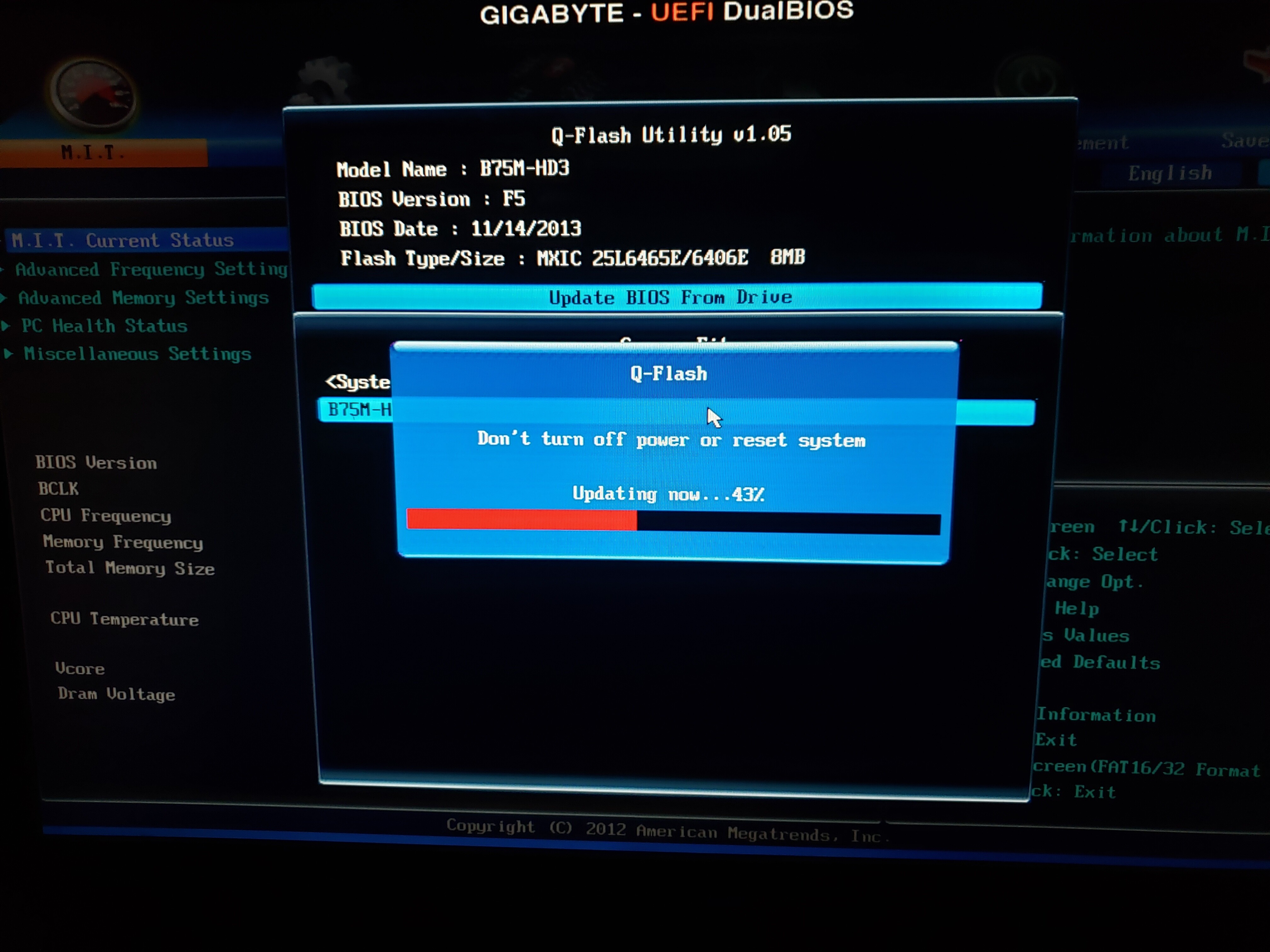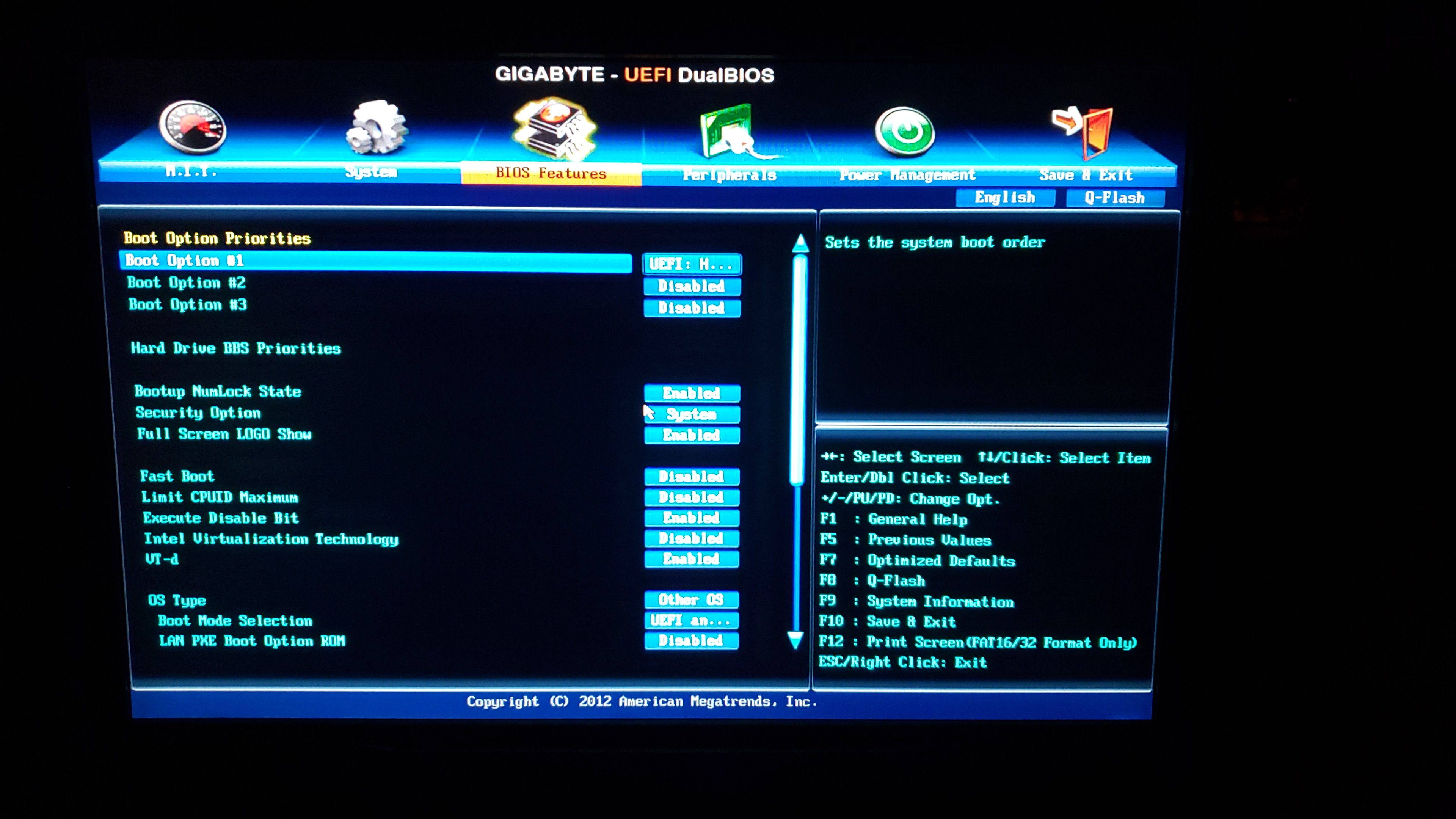As I understand, if I want to use my previous system and files, before cloning disk I have to install NVMe driver into my system while working on HDD? I just want to make sure
EDIT by Fernando: Unneeded parts of the fully quoted post removed (to save space)
No, when u r simple using a NVMe without any OS in it, along other OS SATA disk, the NVMe is available as storage device specific manufacturer NVMe driver present or not. Not mandatory.
Its fails boot because some people connect the old SATA drive with OS still on it, (if it was cleaned for data, no problem on NVMe boot) and the bios windows boot manager,will boot again the old OS, instead of the NVMe
Cloning is a bad choice for a new OS in an NVMe, but possible.
Okay, thanks for the help. I will try to clone anyway.
Hello anyone can help me with mod bios for MSI P67A-GD65 (B3) version 4.3 and Asrock Z77 Pro 3 bios version 2.20? i read guide and i mod bios for z77 pro 3 . thanks a lot
@maverikdj : Welcome to the Win-RAID Forum!
This is the thread for users, who are willing to do the required BIOS modification themselves.
If you don’t want or don’t feel being able to do it by following my guide (= start post of this thread), you should start a “[Request]” thread within >this< Sub-Forum.
Good luck!
Dieter (alias Fernando)
Hi All.
I just followed the guide described. I hit few snags (bios didn’t have option to disable fast boot/secure boot, rufus refusing to load the windows 10 image and windows getting confused about GPT disk)…but it somehow got fixed (I still don’t know what happened but it started working fine after installing linux as a test when windows failed).
But in the end I managed to get it to install and boot so everything is fine.
There is however one question I’d like to get answer to if possible.
I had previously a 3 disk setup with windows RAID 0 on old ssd/hdd setup. Now in NVMe windows disks are not even showing up in Disk Manager within windows, while they are present within BIOS/UEFI. I connected old hdd back (disconnected nvme) and confirmed that drives are detected correctly and even raid works as it should without fixing it.
Is there a way to rediscover those drives or do i need to destroy raid and redo the setup.? Are there any other limitations that I can encounter?
Hi guys, I got a new laptop from a small chinese brand (Runs ryzen 5 3550h, aptio bios says june 2020 update)
It’s got nvme slot, but the problem is it freezes on logo in bios if I use nvme (nvmes are new and working on a desktop), also freezes on a black screen if I try legacy boot.
Is there a chance this can help me?
@iluzek
Ur RAID 0 stripped volume its not the default OS and the NVMe isn’t using the former RAID controller anymore, install RAID drivers/software chipset on new NVMe OS and maybe ull get access to it.
@tombfox
NVMe…u sure, u see a M.2 M type slot…only. I see a lot of HP laptop with it and they only support SATA SSD protocol, or some just to support Optane.
@tombfox : Welcome to the Win-RAID Forum!
Are you sure, that the on-board M.2 slot supports the NVMe protocol?
Additionally you should attach the latest BIOS file for your laptop (or post a link to it) to be able to verify whether NVMe is natively supported by the BIOS.
Regards
Dieter (alias Fernando)
@Fernando :
One slot is labeled nvme and another says sata
NVMe in nvme slot gives frozen bios, in sata does nothing
As for the bios, it has nvme/pcie x4 settings, but it probably doesn’t mean much
Is there a way to make an image of installed bios since brand support seems unexistant?
EDIT by Fernando: Fully quoted post replaced by directly addressing to the related author (to save space within this voluminous thread).
@tombfox : Are the NVMe/SATA slots M.2 or PCIe ones?
You should be able to dump (=make a backup of) the BIOS Region, which is within the BIOS chip of your laptop. The suitable BIOS dump tool depends on the manufacturer and the chipset/CPU of your laptop.
To find out, whether your system does natively support NVMe, I recommend to try to get Win10 installed onto the NVMe SSD by following the chapter 4 of the "This is what you should do" list, which is part of my guide within the start post of this thread. Don’t forget to remove all other disk drives and to use the requested BIOS settings before you start booting off the USB Flash Drive.
Hello @Fernando . I again my z77 board died in a short time and I wonder if I can modify the bios of my ga-b75m-hd3 to boot from an nvme. I will use the pcie 1x 2.0 port. please help me. I need something faster than 600mb / s and as far as pci 1x reaches 1gb / s.
@Eliecer_747 : Welcome to the Win-RAID Forum!
If you want my help, I need attached or linked the original and your modded BIOS as *.zip archives.
If you don’t even want to try to modify the BIOS yourself, you should post your BIOS Modding request into >this< Sub-Forum.
Good luck!
Dieter (alias Fernando)
@Fernando I will try to modify the bios. Then I’ll tell you if it works or not
Bios stock and bios mod verify please.@Fernando
B75MHD3. stock.rar (4.24 MB)
b75m-hd3 mod.rar (4.25 MB)
I’m sorry I’m a bit impatient and decided to run the modified bios. apparently everything works perfectly. now I will wait for my amazon adapter to arrive and try to boot from an nvme unit. wish me luck.![]()



The modded BIOS seems to be fine and ready for being flashed.
@Fernando :
Both slots are m2
The problem with windows install is that I can’t get through bios with nvme in nvme slot, so I can’t even get to it
@tombfox :
Sinve the NVMe SSD itself seems to be fine (works within other systems), I suspect a mainboard problem (faulty CPU/Chipset > M.2 port connection).
Hello Fernando, I search the web and landed here. It’s a great Forum for modding firmware. I am currently using Mainboard Intel NUC10i7FNH with original NUC10i7 bios version BIOS Update [FNCML357] and I own a NVMe SSD Samsung PM981a (256GB) and want to boot from it.
my problem is “intel nuc” not detecting “PM981A Nvme”. Bios FFFF: FFFF
help please